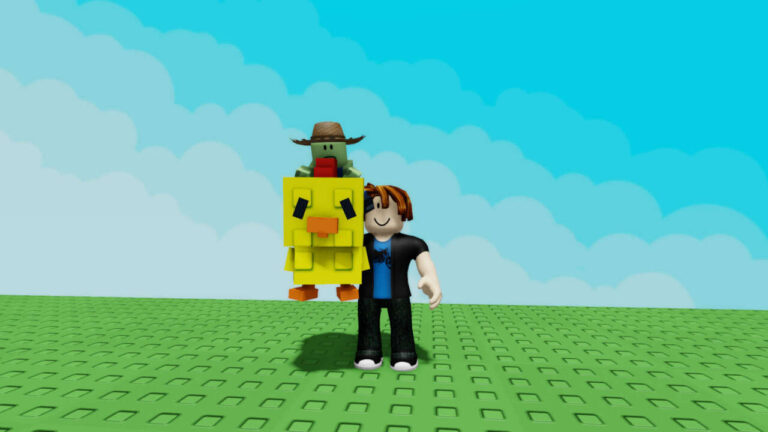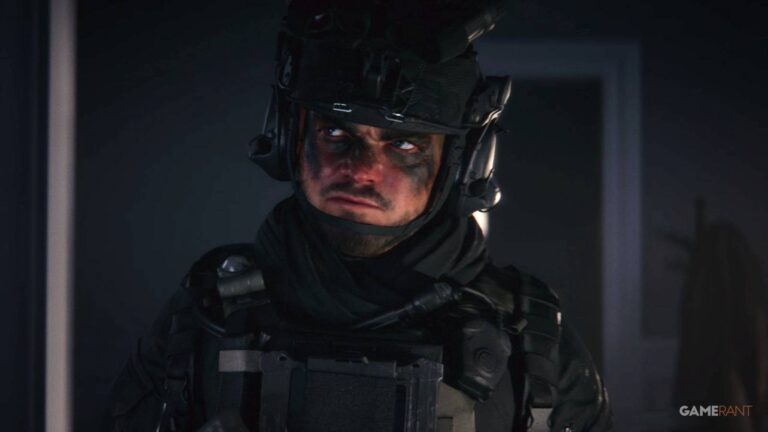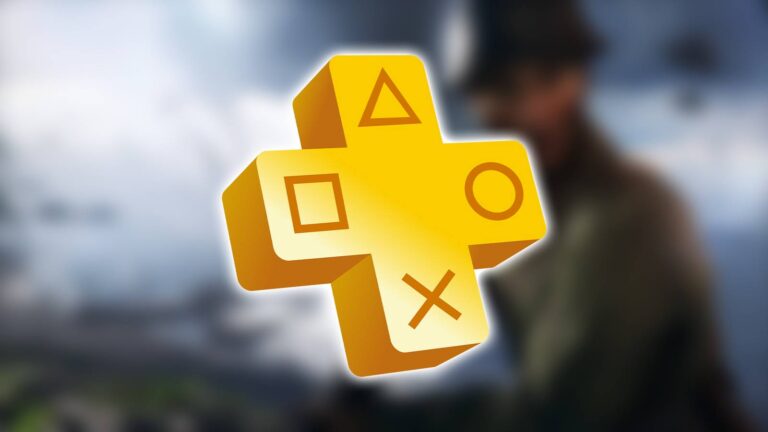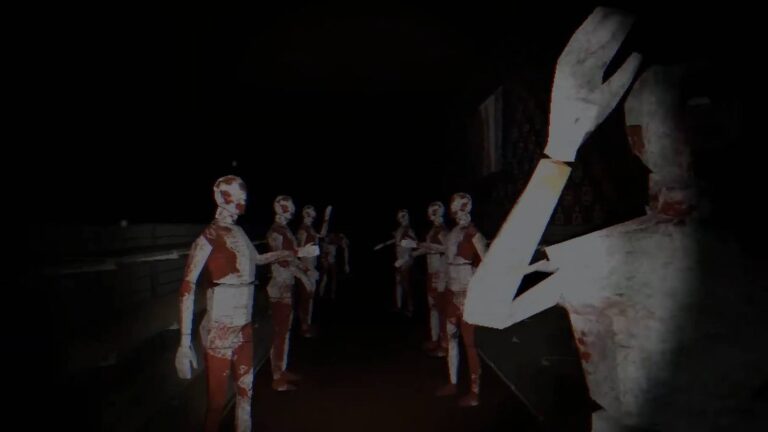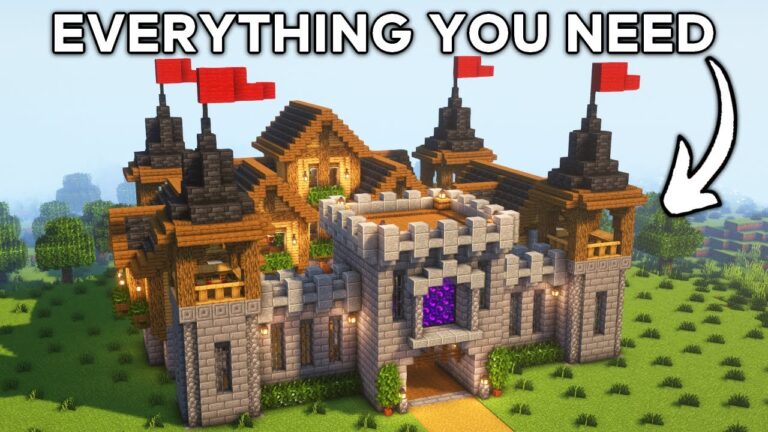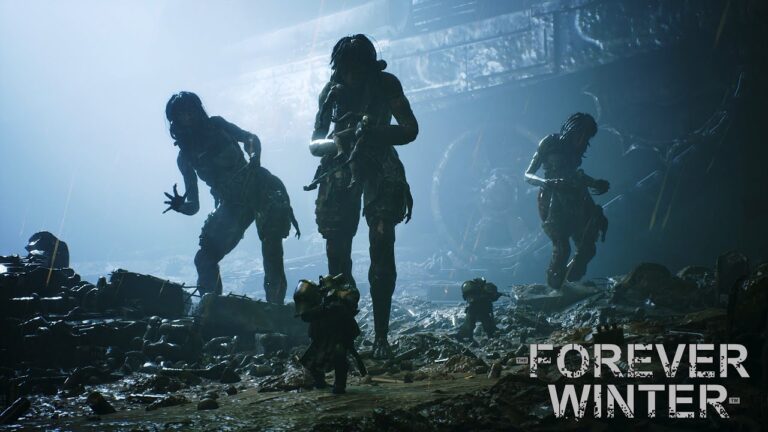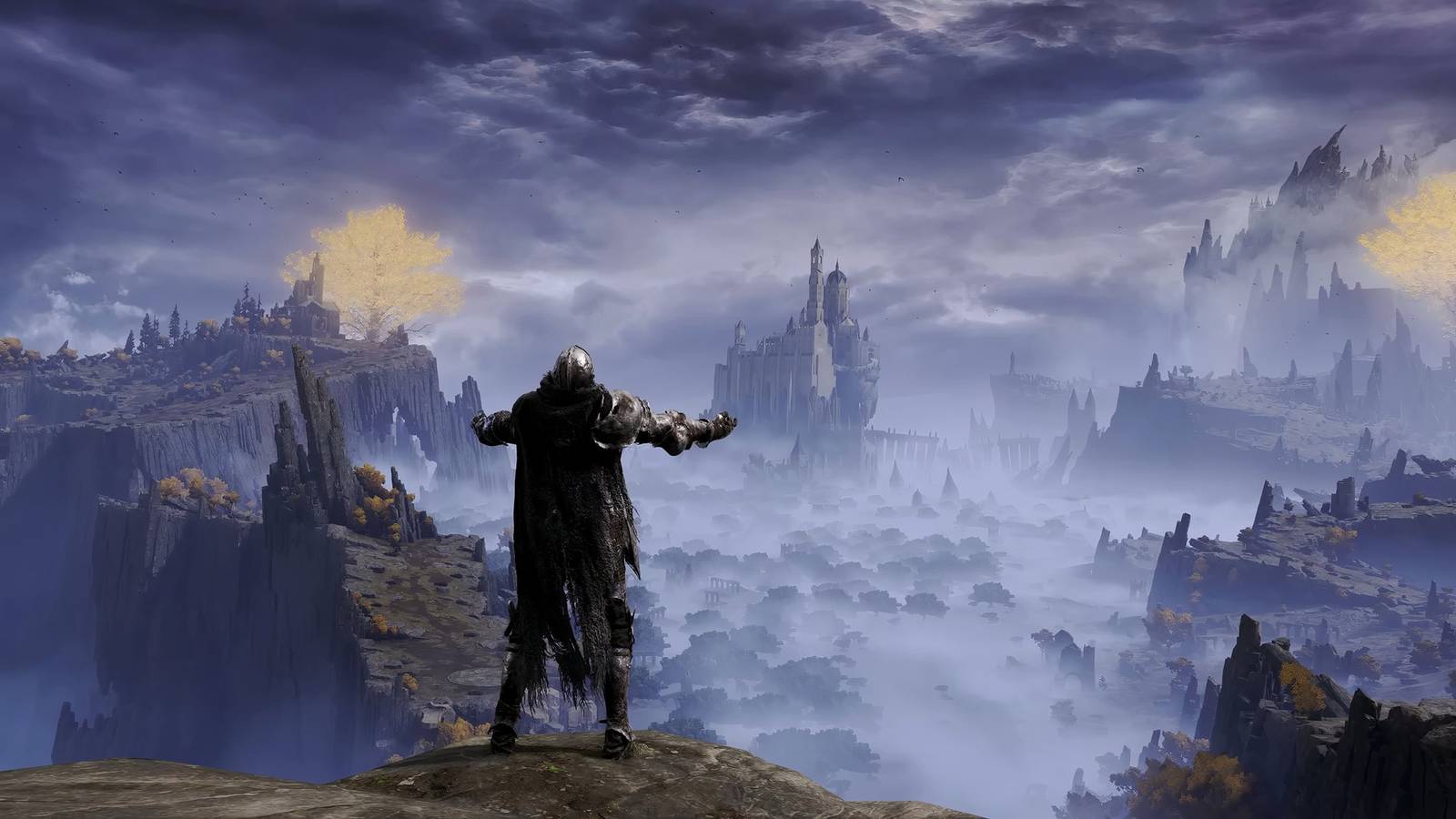
Summary
- Open-world design often removes explicit markers—note-taking turns vague hints into meaningful progress.
- Certain titles make memory the mechanic—journals link scattered clues, routes, and fragile story beats.
- Notes aren’t chores—they’re part of exploration, preserving discoveries and aiding survival in harsh worlds.
When tackling a daunting open-world adventure, it can be handy to have some direction for where to go next, but sometimes the in-game interfaces and tooltips just aren’t enough. In order to keep track of everything that’s going on, players often resort to using a trusty pen and paper to help them organize their playthrough.
These notes can take the form of simple reminders for quests or achievements, or can be long-drawn-out sequences about exactly where to go and when. Whatever the case, some open-world games just feel that much easier when supported by a personal set of notes.
The Legend Of Zelda: Breath Of The Wild
A World Of Subtle Clues
Breath of the Wild redefined open-world design by relying less on explicit direction and more on environmental storytelling. Players are given minimal instructions, and are instead encouraged to observe landscapes, weather patterns, and subtle NPC hints, meaning that key discoveries can easily be lost in the vast wilderness.
This freedom transforms exploration into a more deliberate act. The game trusts players to pay attention, rewarding curiosity and persistence with genuine moments of discovery. Recording details of shrine puzzles, recipes, or unusual locations enhances progress and makes every note taken feel like an authentic part of the hero’s journey.
Elden Ring
More Madness Than Mystery At Times
Elden Ring expands FromSoftware’s cryptic storytelling tradition into an immense open world, where NPCs provide only scattered dialogue, often referencing characters or locations that are easy to overlook. This makes keeping a journal of interactions and discovered secrets essential for those who wish to experience the full depth of the narrative.
The game’s geography is a puzzle in itself, as landmarks, hidden paths, and even the environment often deliver more meaning than spoken words. Careful documentation enables players to connect clues scattered across distant regions, gradually piecing together fragmented histories in a world defined by ruins and forgotten lore.
Direction Through Disjointed Dialogue
The Elder Scrolls 3: Morrowind is perhaps the purest example of an RPG that forces reliance on memory and note-taking. Quest instructions are not marked on a map, and instead, NPCs describe paths using landmarks and directions. Finding a location often requires a high level of attention to detail, and without diligent record-keeping, simple tasks can quickly become overwhelming.
This design fosters deep immersion, as players learn to trust the world’s geography and logic, rather than automated markers. Maintaining a notebook of quests, faction allegiances, and item locations not only prevents confusion but also builds a sense of ownership over the adventure.
The Witcher 3: Wild Hunt
Lost In The Wilderness
On its higher difficulty settings, The Witcher 3: Wild Hunt removes many of the navigational aids that players take for granted. Quest objectives are no longer neatly marked, and the minimap ceases to serve as a constant compass. The absence of glowing icons changes how the game is played, making the experience more about memory and less about following clear paths.
This design shift transforms the game into a more grounded experience. Following trails, interpreting clues, and recalling prior dialogue feels more rewarding when success depends on careful observation. By jotting down important details, players embrace the role of Geralt as a professional tracker who cannot afford to overlook a single word.
Outer Wilds
The Only Way Forward Is Knowledge
Outer Wilds strips away traditional progression systems in favor of pure knowledge accumulation. Advancement comes not from leveling up or acquiring weapons but from piecing together scattered clues about the solar system’s mysteries, which turns simple notes into important threads for understanding the larger story.
This unique structure makes note-taking indispensable. Every discovered secret reshapes the player’s understanding of the world, and remembering how each planet’s mechanics interact is both crucial for survival and deeply satisfying when they come together to solve a particularly tricky puzzle.
Pathologic 2
Memories Become The Reality
Pathologic 2 presents an unforgiving world where every decision carries consequences. Time moves relentlessly forward, and failing to remember schedules, alliances, or hidden resources often leads to irreversible losses, which makes memory and notes the player’s most valuable assets.
Unlike many open-world titles, mistakes are permanent. Choices ripple through the narrative, and events unfold whether the player is prepared or not. Note-taking becomes a crucial tool for survival, and by learning how the game works, players can regain a level of control over a world that is otherwise mysterious and hostile.
Kingdom Come: Deliverance
Realism Of The Purest Kind
Kingdom Come: Deliverance rejects fantasy shortcuts in favor of historical authenticity. NPCs describe directions using landmarks, rivers, and villages, forcing players to carefully track journeys and routes, and by keeping a physical or digital log of these instructions, things become a lot easier to follow.
This emphasis on realism extends to daily life. Writing down alchemy recipes, combat techniques, or local gossip enhances immersion in a world where every detail matters, and the game really respects intelligence and preparation, making note-taking feel like a natural extension of the core experience.
Sable
Mapping Out The Entire Journey
Sable offers a completely different approach to exploration, emphasizing introspection and discovery over combat. Its vast deserts and strange ruins encourage unguided exploration, and players will often find themselves charting routes, sketching landmarks, or recording symbols to piece together the mysteries scattered across its landscapes.
Note-taking becomes an act of personal expression, mirroring the protagonist’s rite of passage. Keeping track of the player’s own journey turns Sable into a deeply personal experience, as the documentation is less about efficiency and more about preserving the joy of the adventure itself.


